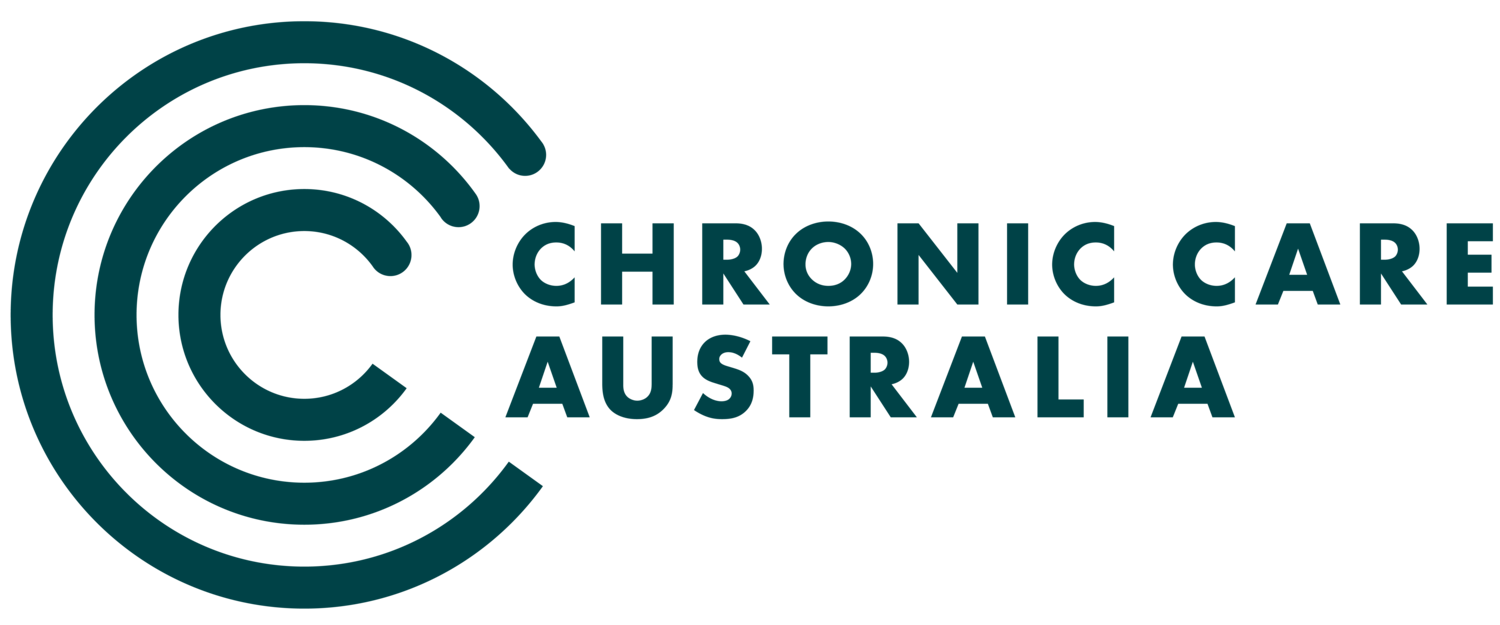Exercise, Your ADHD Advantage: Key takeaways and useful information from our recent Dare to Care event.
✚ Addressing ADHD requires a comprehensive, coordinated approach, especially when managing concurrent health conditions: Recent studies highlight the benefits of including exercise as part of this multimodal treatment, significantly improving symptoms and overall wellbeing. By prioritising shared decision making, this approach ensures the needs and preferences of those with ADHD are at the forefront, leading to more effective and personalised care. For more, refer to AADPA.
✚ Think of exercise as medicine: Medication and exercise can work together. Exercise can generate pharmacological responses. CCA recommends seeing an exercise physiologist to get an exercise medicine plan in place. These plans prove particularly useful when you are waiting for specialist appointments and start taking new medications.
✚ Your relationship with movement: Some people with ADHD may have challenges with movement and/or physical literacy (eg hypermobility and delayed coordination) that can lead to exercise avoidance. Working with an exercise physiologist or occupational therapist helps overcome these barriers, allowing treatment and management options to be optimised.
✚ Six Pillars of Brain Health: Be social, engage your brain, manage stress, ongoing exercise, restorative sleep, eat right. Use these pillars to help set your individual treatment and lifestyle goals. Movement is beneficial for self regulation and overall brain health.
✚ Boost your long-term brain health with exercise: The Exercise and Sports Science Australia (ESSA) website has many excellent resources explaining the benefits of exercise to brain health and mental health. ACTIVATE is ESSA’s FREE to DOWNLOAD MAGAZINE filled with advice from exercise experts, real-life case studies, exclusive tips and more.
✚ Monitor, Take Action, Report & Manage Your Health Closely: Build a network of healthcare professionals around you. From GPs, specialists and psychologists to exercise therapists, pharmacists and nutritionists, working with a multidisciplinary team that understands the “whole of you” will provide comprehensive support and guidance through the ebbs and flows of life. Regularly check in with your team and address any symptoms you might be experiencing. Further information is available via ADHD WA
✚ Your Healthcare Toolbox: CCA’s toolbox includes mindfulness practices to ensure you receive authentic support, care and guidance as we partner with you to realise the very best mental and physical outcomes. Click the link below to open it.
✚ Daily Resilience Screening: Incorporating daily resilience screening practices helps identify stressors and develop coping strategies. Keep a journal or use the forms available in CCA’s Mindful Cognitive Movement Therapy Diary.
✚ Nutritional Psychiatry & the Gut-Brain Axis: Nutrition plays a profound role in mental and brain health. The Food & Mood Centre at Deakin University is a wonderful resource. Professor Felice Jacka OAM is the Co-Director.
✚ CCA’s Book Club: Our team recommends reading Brain Maker: The Power of Gut Microbes to Heal and Protect Your Brain for Life by Dr David Perlmutter with Kristin Loberg.
✚ Speak with your GP and Pharmacist. Supplements (e.g. Vitamin D3, iron, zinc, fish oil, melatonin, probiotics, magnesium and NAC) can provide complementary approaches, along with prescriptive medications alongside well prescribed Exercise Medicine. Pharmacist Jason Chew at Mosman Park Drive-In Chemist would be pleased to speak further with anyone privately. Mosman Park Drive-In Chemist can compound individual doses and organise personal medication reviews (rebates may apply). Phone: 9384 0219 or or send an email to Jason’s attention at: dispensary@mosmandriveinchemist.com

